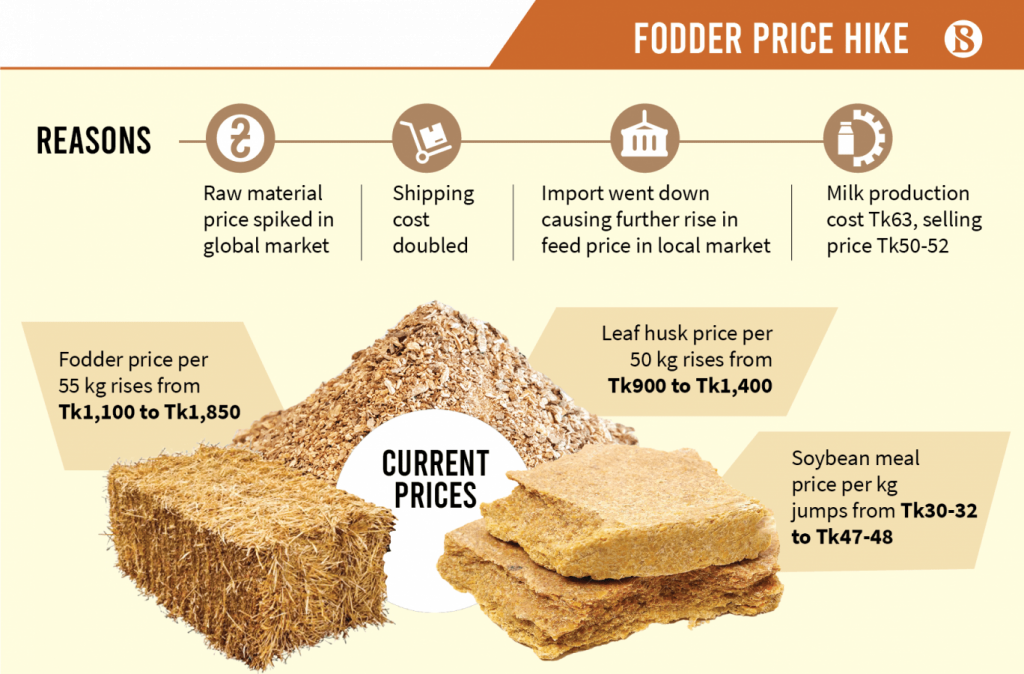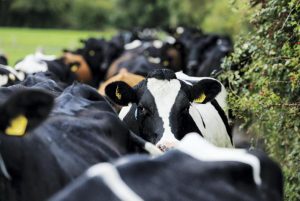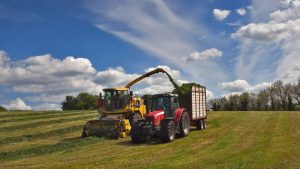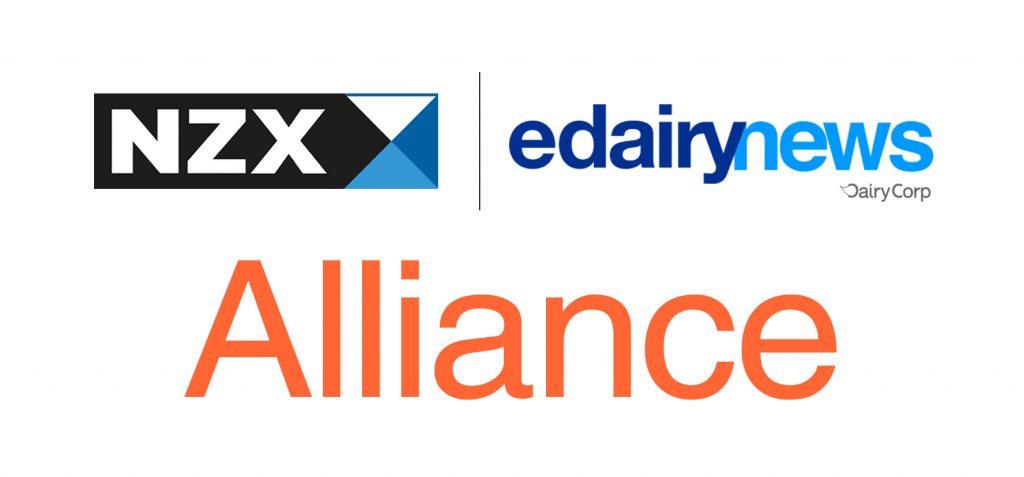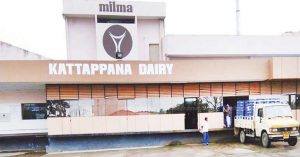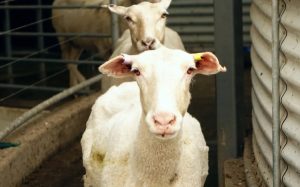The soaring prices of livestock feed have left dairy farm owners struggling, with many of them having a hard time keeping their businesses afloat.
The price hike of feed raw materials in the global market and increased shipping costs have hindered the import of raw materials, causing feed prices to go up, dairy business people have said.
In the last month alone, the price of every feed item increased.
MdJashim Uddin, a dairy farmer of Satkania, Chattogram, told The Business Standard that he has been running a cattle farm for the last five years. His farm was running smoothly until the pandemic hit and he started to incur losses.
“On average, I was selling 100kg of milk daily before the lockdown began,” he said.
Although the lockdown has now been lifted, Jashim Uddin is still struggling to turn around, given the unusual increase in animal feed price.
“I am on the verge of closing down the farm,” said the young entrepreneur.
The situation is quite similar for dairy farmers in other parts of the country. Small and medium farmers across the country are facing a crisis due to falling supply over demand, rising prices in the world market and more than doubling of shipping charges. They said that despite the increase in the price of animal feed, the price of milk has not increased as expected, causing huge losses to the daily income of the farms.
Dairy farmers of the Chattogram region said milk is sold at a wholesale price of Tk50 to Tk52 per litre. Considering the daily cost of feed for every cow, there is not much profit for the farm from milk sales. Moreover, due to declining demand for milk in bakeries or confectionery companies, farmers often have to sell milk at lower prices.
In the last few months, the price of animal feed in the country’s market has increased from Tk200 per 50 kg to a maximum of Tk500. Prices of other necessary items to operate a dairy farm, including medicines for cattle, have also gone up. But farmers are not getting a fair price for milk, making it hard for them to run their farms.
From the markets of Khatunganj and Pahartali, the largest wholesale markets for consumer goods in the country, it was learnt that the price of fodder per 55kg has gone up from Tk1,100 to Tk1,850. The price of leaf husk has increased from Tk900 to Tk1,400 per 50kg, while the price of maize has increased from Tk20 to Tk30 per kg, Mustard cake (Khoil) is being sold at Tk2,350 per 50kg from Tk1,700 and paddy husk at Tk900 per 40kg from Tk500.
The price of soybean meal per kg is now Tk47-48 from Tk30-32, lentil husk per 30kg has increased Tk300 to Tk950, moong dal husk per 40kg has increased Tk200 to Tk1460, Gram bran per 25kg has increased to Tk1320, flour grains per 50kg increased from Tk1100 to Tk1400, broken rice per50 kg increased by Tk200 and is now sold at Tk1380-Tk1420, soybean hull per 35kg increased by Tk200 and is being sold at Tk1020-Tk1030.
Overall the price hike in wheat, paddy and lentils has contributed to increased prices of livestock feed, according to people linked with the sector.
Abu Yusuf, proprietor of Eva Dairy Farm in Ghasia, Chattogram, said it is becoming increasingly difficult to farm due to the rising prices of cattle feed and medicines. At present, the cost of milk production is around Tk63 per litre with food, medicine and labour wages. But at the wholesale level in the market, per kg milk is sold at Tk50-52.
Chattogram Dairy Farm Association General Secretary Malik Md Omar Babu said that due to the increase in the price of livestock feed, farmersare in dire straits. Although the supply of milk has increased after the lockdown, the price has not increased. Demand for bakery products has also declined due to rising prices of sugar, edible oil and flour. Therefore, milk products are not being sold on time.
“If this continues, there will be no way out but to close down the farm,” he said.
In addition to rising raw material prices in the country, rising global shipping charges are largely responsible for the current situation, say animal feed manufacturers.
In the last one year, shipping costs on international routes have almost tripled and supply is less than demand. Due to increased booking of ships bound for China from different countries of the world, it has become difficult to get ships for transporting goods to different countries, including Bangladesh. Some shipping lines are showing interest in sailing to Bangladesh but are demanding more than double the usual fare due to which the price of most of the imported cattle feed has almost doubled. As it is not possible to meet demand with domestic production, the traders have expressed concern that the livestock market in the country may face severe problems in the next few months.
Agrotech Poultry and Animal Food Senior Manager MdShahjalal said the biggest crisis in the country’s livestock feed is being caused by rising import costs. Even a year ago, the shipping charge for a ton of goods was only $500. Currently, shipping charges have tripled as a result of rising Chinese imports. This has affected the country’s market as the cost of transportation has increased more than the import price.
Harunur Rashid, owner of Haji JoynalAbedin Store, a wholesale dairy poultry food vendor in Chaktai area, said the price of livestock feed is rising every month. As a result of increasing production costs, price is increasing at the wholesale level. He also said that the current shortage of imported cattle feed has created an artificial crisis and instability in the market.

